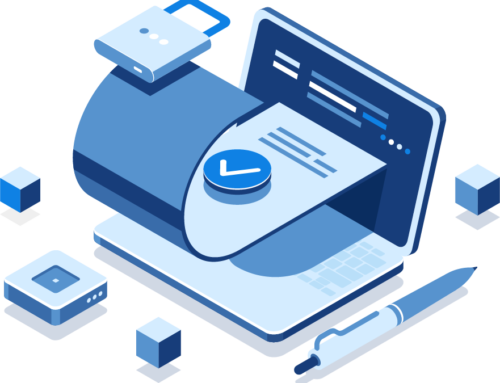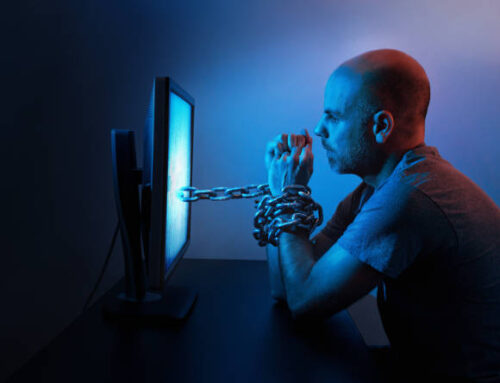With computers and smartphones having become such a regular part of our daily lives, we often take for granted how secure and safe it is to work from our own internet-capable devices. When you can customize your browser, download security software, and just know where everything is on a device, it is much easier to stay safe while using the internet. Sometimes though, you will need to use a public computer, whether it is at a library, a school, or your workplace. When this happens, you become aware of just how secure having your own computer can make you feel.
When using a public computer, you are essentially trading security for convenience. While many libraries or schools will have some security options in place to make your online experience safer, you have no way of knowing just how secure they really are, so there is always an air of risk involved. Also, even if a public device is safe and secure, there are certain concerns that become more pressing when you are in a public place: identity theft is a growing issue, and it much easier for potential data thieves to steal info from an unsecured public computer than a private one protected by a firewall.
You can’t always help it when you need to use a public computer, but there are strategies you can employ to stay safe while browsing the internet in a public space. Just being a bit more mindful can go a long way, so the next time you have to use a public computer, keep these helpful security tips in mind.
Avoid Entering Sensitive Data
Though it might be necessary to enter certain personal information in order to perform certain tasks online, it is generally a good idea to not enter sensitive data into a public computer. Whenever possible, this type of data-sensitive online work should be saved until you have access to a private computer and network. Avoid doing financial transactions on a public device that could reveal valuable passwords or personal information, especially things like credit card numbers or your social security number.
Don’t Save Your Log-In Information
When we are using our own computers, it is normal to save passwords to frequently visited websites and leave the “stay logged in” option checked. Yet if you save a password to a public computer, someone could potentially log-in to your personal accounts, which could have serious consequences. Always make sure to manually log out of websites before you leave and disable any automatic log-in features that you encounter. Additionally, some web browsers automatically “remember” passwords, so make sure to either disable this option or delete any passwords it saves before you leave as well.
Cover Your Tracks
When using a public computer, it is a good idea to eliminate any traces of your private data that you might have left behind. Before you leave, check the computer’s browser tools to delete any files, cookies, or passwords, along with clearing your browser history. This mitigates the possibility that someone could steal your personal data or log in to your personal accounts.
Be Mindful Of Your Surroundings
It’s so easy to get caught up in the technology side of things that you forget about the most obvious way people can see your personal data when you are using a public computer: looking right over your shoulder. If you are using a computer in public, be aware of who is around you and take note if anyone seems like they’re trying to catch a glimpse of what you are doing. Most importantly, try not to walk away from your computer, especially if you have financial or other personal information on the screen.
You Aren’t Necessarily Safe On Your Own Computer
Though there are a number of reasons to be cautious when using a public computer, you are often equally at risk if you are using your laptop or smartphone in public places as well. If the Wi-Fi you are connected to is not secure, it is possible for unauthorized people to intercept anything you are doing online, including capturing passwords or reading private emails. Whenever possible, avoid connected to an unfamiliar Wi-Fi hotspot, and make sure that you have effective and updated anti-virus software and a good firewall running before you use public Wi-Fi.
All of these tips can help you stay safe when using a public computer, but the most important thing to remember is your online safety is your own responsibility. It doesn’t matter how secure a public computer is, if you don’t practice safe browsing habits, you cannot truly be safe online. While using a public computer requires an additional layer of safety considerations, you should still be following the same strategies that you are hopefully using at home: avoid dubious websites, don’t click on links sent via unknown emails, and always use caution when entering sensitive information. Once you get used to practicing safe online browsing habits, they will naturally follow you wherever you access the internet.





